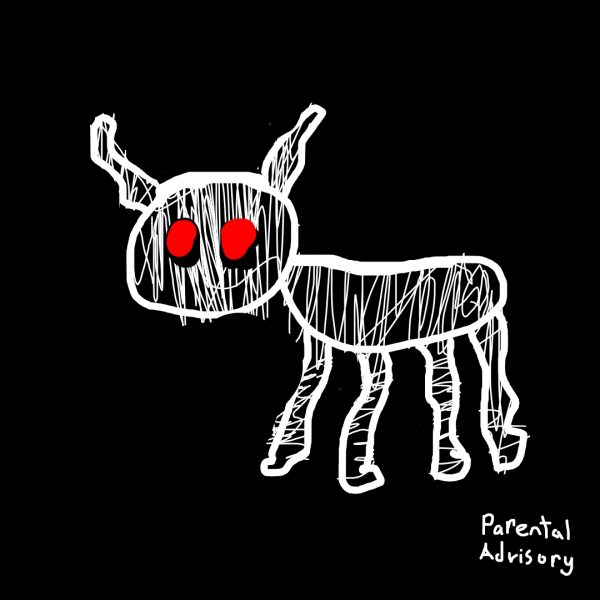What is the Value of 9 Million Dollars?
February 2015
Imagine 180,000 fresh goats grazing along the West African plains. For small African villages, goats provide food, fertilizer, and sustainability. The cost of 180,000 goats, which would save hundreds of lives and provide a higher quality of living for a countless number of impoverished Africans, is 9 million dollars. It’s no coincidence that 9 million dollars is also the approximate cost of the new additions to the school, including the new, state of the art theatre, the Neff Gym, and the new atrium. Were these expensive and complex additions to the school worth the cost and do they fit the core values of Friends?
First, we must define how much 9 million dollars actually is. With that money, one could buy 180,000 goats. 9 million dollars could provide enough money for 600 impoverished households living on minimum wage (about $16,000 per year) to have a livable income–this could be done by supplementing each household with $15,000 so that they would have a combined, livable income of over $30,000. Friends students, such as Macon Sheppard ‘15, clerk of the Wilmington Boys and Girls Club club, says, “From what I’ve seen with the Boys and Girls club, 9 million dollars, or really any significant amount of money, could completely change inner-city Wilmington children’s’ lives.” This theatre does not fulfill the Wilmington Friends Schools’ mission to “model and teach Quaker principles…[including] simplicity.”
However, the new theatre replaces the previous one which was tragically destroyed in the infamous 2012 fire. In that sense, it serves a purpose, in that it was only built because the previous one was destroyed. The theatre is complete with some of the most modern technology available on the market. It includes an intricate system of catwalks and a lavish backstage area. Margaret Anne Butterfield, fall musical director and the director of the school chorus, said “the fly system is something we did not have in our previous theatre, and it has opened up some new possibilities” and that it is “really nice to have better backstage facilities, and the access to the theatre from the band room has been a huge help as well.” Although the theatre gets a decent amount of official usage, many students feel like it has an alienating presence. For instance, during the fall musical, there were many concerns from Butterfield about sitting in the chairs, in order to preserve them for the future, and also bringing in drink, food, gum, or even water. The theatre is always off-limits unless there is a collection or a rehearsal of some sort. If the theatre was more open, it would certainly get more use out of it, which would help to justify the astronomical cost.
Of course, the theatre is immaculate, and almost everyone would agree with that. In my opinion, however, the school could have better, or more efficiently, spent the money used for the elite and futuristic theatre. Is the music program more important than sports or academics? Theoretically, a lesser theatre could have been built and a majority of the money could have gone to the endowment fund to support teachers’ salaries and financial aid for students. It could have gone to more large scale transformations of the school, such as the new wing for languages and science. To maintain status as an elite East Coast preparatory school, Wilmington Friends needs to further develop their STEM (science, technology, engineering, and math education) programs, which is something that the Tower Hill School has done with their construction of an entire new wing which includes a state of the art optical telescope for astronomical study and a college-style lecture hall. The administration argues that STEM will be developed through the new wing of the school currently under construction; but most of this will be used to relocate the foreign language department. The money also could have gone to any of the tremendous service projects that are led by students at Wilmington Friends, which would help to change, and even save, lives. This is not to say that the theatre has not been a welcome addition to the school, but rather that there are clear concerns about the reasoning behind the extravagant project that must be recognized and debated within the community.





































